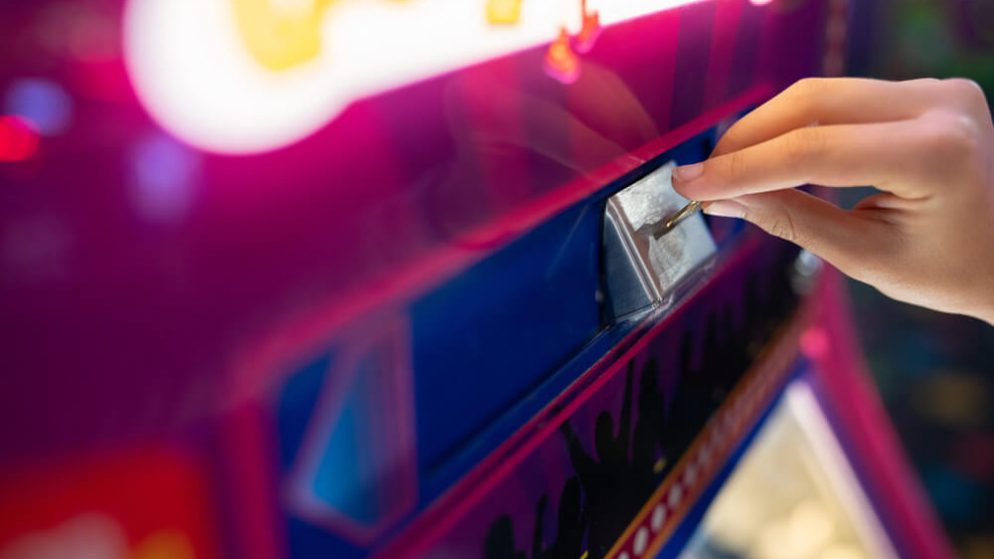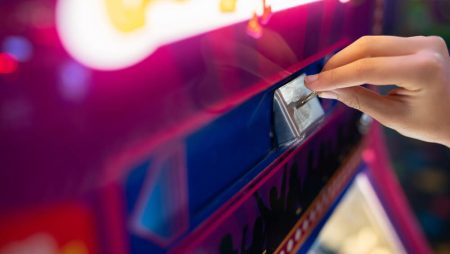

Most casino players affected by problem gambling have no idea when they fell into the pit where they are now unable to get out of. Gambling addiction and other issues related to gambling develop gradually over a long period of time. There are individuals that are not aware of this problem until they take the self-diagnosis test and it dawns on them. Every casino nowadays has a section at the bottom at their website that is dedicated to support those that are looking for a way out of problem gambling.
Do you have a gambling problem? Does someone you know suffer from gambling addiction? Under a new arrangement that involves the National Council on Problem Gambling, anyone who feels overwhelmed by their gambling problems will get help by simply making a call. During an announcement made by the NCPG last week, it was revealed to the public that the council had partnered with the Council on Compulsive Gambling of New Jersey (CCGNJ) on a special outreach.
For a period of 6 years from the date the agreement was signed, NCPG will use the 1-800-GAMBLER federally registered service mark in all U.S. states outside of New Jersey, as well as all U.S. territories and the District of Columbia. The NCPG has another helpline number, (1-800-522-4700) and this will continue to be used without any interference. The idea behind introducing a new line and specifically 1-800-GAMBLER is that it is easier to remember.
According to the CCGNJ Executive Director, Felicia Grondin, CCGNJ has never been shy about helping to control the gambling problem. As a matter of fact, their greatest fulfillment comes from providing support to individuals within communities that have been affected by problem gambling. With the 1-800-GAMBLER number, the council now has an extra tool that will be useful in the course of executing their work. Grondin further reported that the council was eager to partnering with NCPG to make sure that help is available to those that are in need of it.
Problem Gambling is a problem that affects people in different parts of the country yet not so many have reached out for help. Part of the reason they do not seek for help is that they do not know who to call. With a number that is simple and memorable, there is now no hindrance for those who are in need of help to actually get it.
What we cover
The Need for Intervention Grows With the Industry
It is no secret that the gambling industry in the United States is growing in leaps and bounds; many jurisdictions are increasingly warming up to the idea of legalized gambling. With such immense growth however, is the rise in the number of people that are struggling with gambling addictions and other problems related to irregular gambling habits. The general consensus is that too many people have been affected by the growth of this industry; this does not have to stay this way, no wonder the need for early intervention.
The conversation around problem gambling is not starting now – many veteran betting operators have a system of dealing with gambling at a personal level. Ideally, gambling is a personal endeavor and it is only an individual that would know if and to what level they have been affected by it. Mainstream gambling establishments recommend that their players use the available channels to sort out gambling problems. The main tool for dealing with gambling at the personal level is self exclusion – applying for your name to be banned from gambling activities for a certain period of time.
At the moment, the NCPG is engaged in a program that will ensure that problem gambling services in the United States are delivered in a standardized manner. The number of legalized gambling states in the US currently stands at 30 and this number is likely to have gone up by the end of 2022. This is quite an achievement for the industry as a whole considering that the Supreme Court ruling on federal sports betting has only been in force for a little over 4 years.
The fight against problem gambling cannot be won in a day because recovery takes several steps the hardest one being accepting that one is more than a New Jersey social gambler. Having a number that people can call is a great step in winning this fight – it puts a weapon in people’s hands which they can use when need arises. The availability of an easy-to-remember hotline number is in itself a move of awareness.
Individuals, families and communities in general can access high quality service and support without having to show their face for fear of stigma. The NCPG Board President, Maureen Greeley expressed gratitude for the existence of the partnership. By joining forces with an organization that shares your values and priorities, there is no doubt that this initiative is going to change the lives of many people today and in the future.
Statistics indicate that about 4% of all people living in the United States have an issue with problem gambling. Problem gambling affects people’s health and general wellbeing and offering a holistic approach is the surest way of dealing with the challenge. The first step to healing however is reaching out for assistance. As with the hotline provided through the joint efforts of NCPG and CCGNJ callers will be empowered through practical intervention strategies to gain back their freedom of life.
Final Thoughts
The only difference between problem gambling and any other form of addiction is that the affected individual does not have to consume anything through their mouth or nose. Te level of resources wastage and mind engagement with the vice is equally if not more in problem gambling. For those who have witnessed someone fall into this trap, it is nothing short of a sorry state. Families have fallen apart, people have committed heinous crimes and others even lost their sanity to mental illness as a result of problem gambling.





